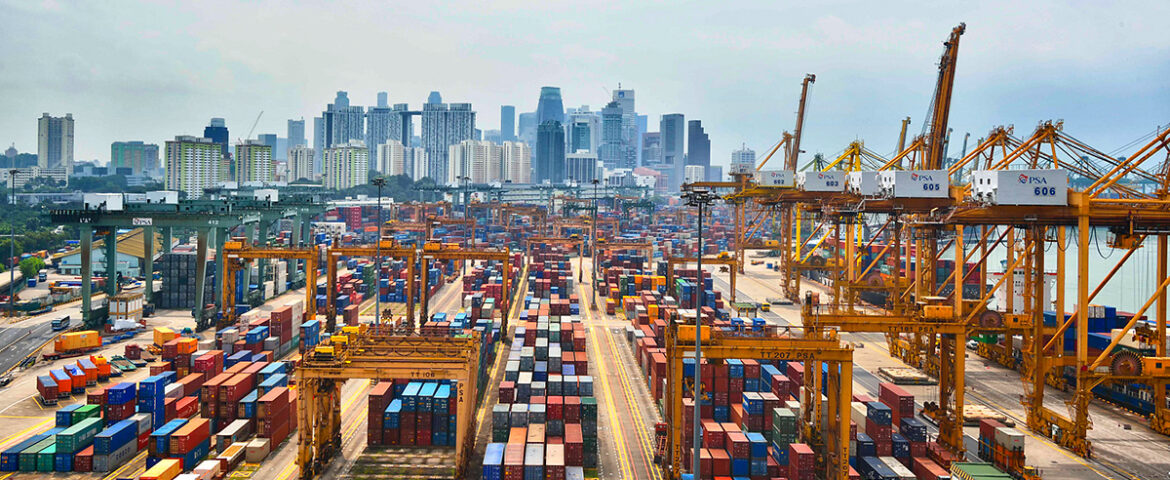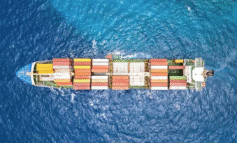By Peter de Langen
The recent news that the Singapore sovereign wealth fund, Temasek, and the global freight forwarder, Kuehne + Nagel, will start a venture fund, to be based in Singapore and called Reefknot Investments, is the latest of various initiatives that have emerged over the recent years.
Some major other venture funds include Copenhagen-based Rainmaking Transport, PortXL, based in Rotterdam but with other locations in some other major ports, Hamburg-based Next Logistics Accelerator, and Marseille-based ZeBox. Not surprisingly, many of these initiatives are in so-called ‘maritime capitals’, even though other venture capital initiatives in logistics are located in Chattanooga, Tennessee (Dynamo) and San Francisco (Schematic Ventures).
Singapore seems to be ahead of other maritime capitals, as both PSA International’s unboxed and Pier 71 are also based in Singapore. Insights in the differences between the venture funds and the innovation systems they are embedded in (for instance PortXL is not a true venture capital fund and Pier 71 is driven by stateentities, while Schematic Ventures is a focused and fully return driven venture capital fund) are still largely missing.
While for most of the start-ups and some of the venture funds location is not top of their mind, in my view this wave of venture capital initiatives is relevant for port cities. All port cities seek to find ways in which the port activities continue to create value for their regional economies, in the context of increasing automation and digitalisation which transform port activities, as well as the increased competition between urban economies for attracting innovative minds and companies.
In this context attracting start-ups is a key challenge for all port cities. Venture capital initiatives are a powerful perhaps even indispensable element of the ‘port innovation system’.
Other important elements of such an innovation ecosystem are industry-university research partnerships as well as high quality university programs that attract talent.
Given the fact that most start-ups in ports and (maritime) logistics aim to serve the global industry and ultimately may only survive if they are successful internationally, there is obviously competition between start-ups as well as competition between the (port) innovation systems in which they are embedded.
Let’s see which ecosystem (if any) produces the first large IPO of a maritime logistics start-up.
The article first published @ Port Strategy.













